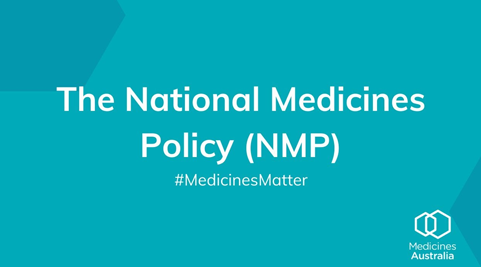The fifth annual World Pharmacy Council Sector Analysis Report provides an overview of community pharmacy practice, regulation, trends, opportunities, research and statistics focused primarily on the eight WPC member countries as at November 2022 – Australia, Denmark, Ireland, New Zealand, Portugal, Spain, United Kingdom and United States of America.
Before the COVID-19 pandemic, the Sector Analysis Report 2019 observed advancements in community pharmacy practice in many areas, for the benefit of patients, funders and local communities.
The roles highlighted in that 2019 report included enhanced medication management services, administration of seasonal influenza vaccinations, and provision of triage, advice and treatment for common ailments.
In the report's introduction, Chief Economist Stephen Armstrong says: “We did not know at the time that the capability and accessibility of community pharmacy in these and many other areas would become so much more vital over the ensuing three years of unprecedented pressure on health care around the world.
“Community pharmacies have historically been quiet achievers in healthcare. In many countries they are the most visited health care destination, providing not only medicines but health and wellbeing advice and a growing range of professional services.”
As reported in the two most recent Sector Analysis Reports, the pandemic has shone a spotlight on community pharmacy.
No longer seen as being on the periphery of health care (and in truth they never were), community pharmacies are now considered to be essential service providers and key to the resilience of health care systems, with roles being advanced out of necessity and as a result of long-overdue recognition of pharmacists broad set of competencies.
As the pandemic took hold, governments and regulatory bodies began to recognise the gaps that were opening up in the healthcare system.
Systems lacked the resilience, redundancy and flexibility required to deal with such a massive shock. Many soon realised that community pharmacists were competent, able and willing to fill those gaps – if only they were authorised to do so.
Changes that were triggered in WPC member countries due to COVID-19 were detailed in last year’s report.
These included the authority to extend or adapt prescriptions, the authority to dispense medicines previously only available through hospitals, and the extension of vaccination administration authority to include greater age ranges and more vaccine types (including COVID-19 vaccination).
In most countries community pharmacies have also either distributed or performed COVID-19 antibody or antigen tests.
The implementation of the new authorities has been extremely successful. This is not surprising, as the activities were always within the competency of pharmacists.
A recent challenge, and one that will continue into 2023, is to convince governments that these sensible changes – many of which were given only temporary status or have been wound back as the pandemic eased - should remain in place, permanently, for the benefit of patients and all parts of the healthcare system.
Forward-thinking governments and health administrators should take a lead from those countries and jurisdictions that have permanently and successfully expanded a broad range of authorised and funded community pharmacist services for many years, such as Canadian provincial governments.


